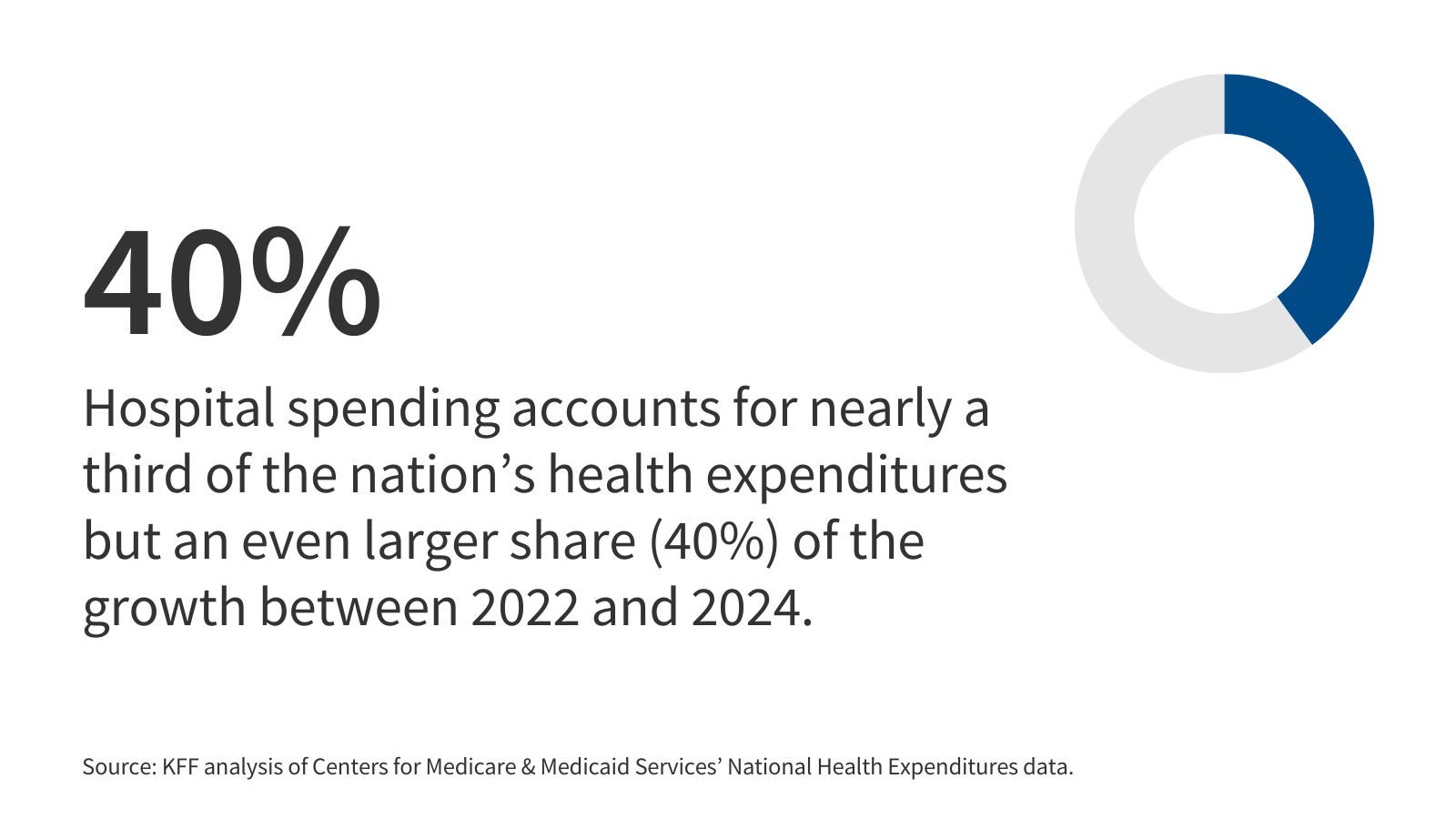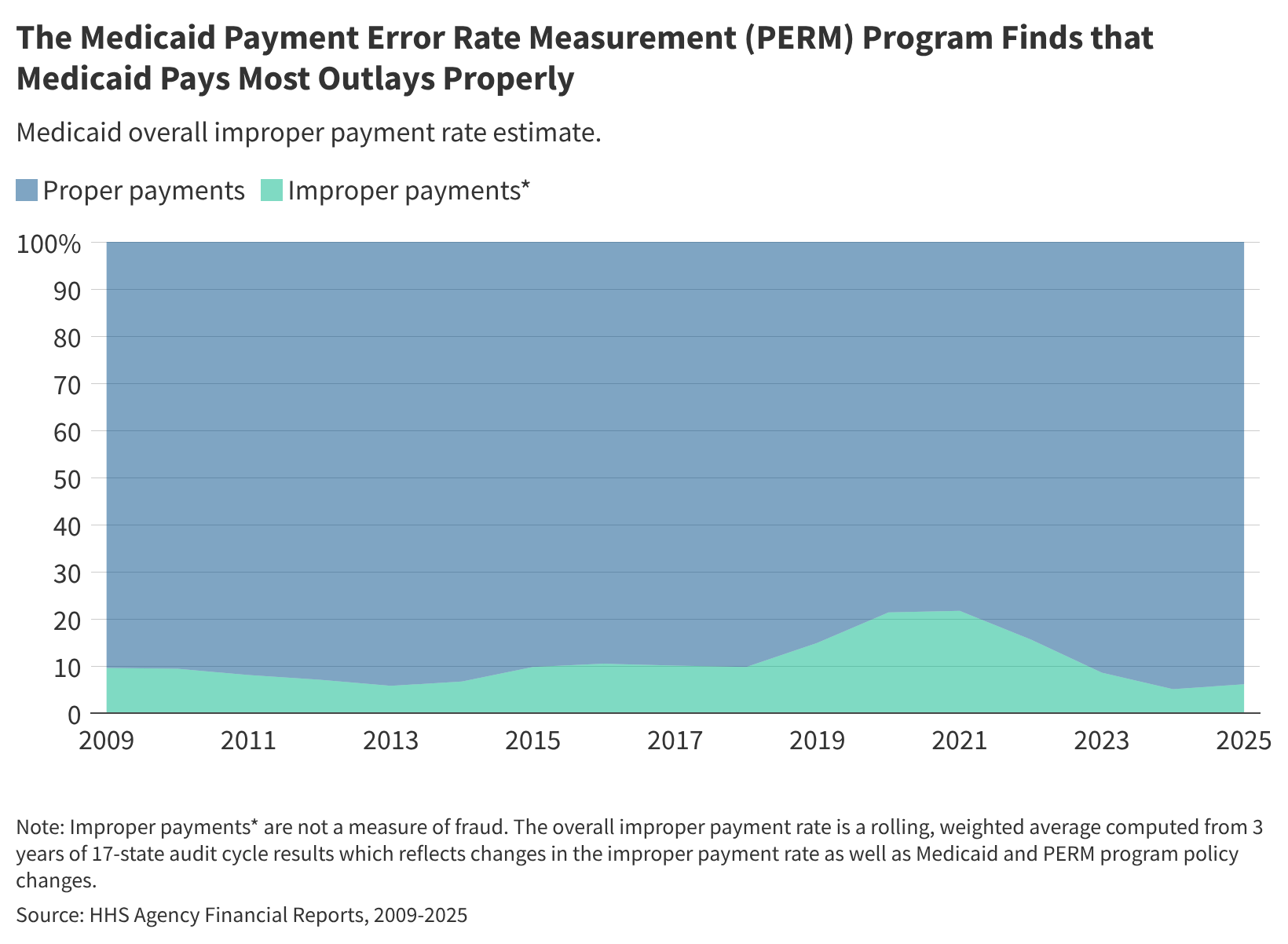Key takeaways:
- Manual work and disconnected claims management systems are often error-prone, resulting in delayed and denied claims.
- Technology, like automation and AI, can help healthcare organizations predict and prevent potential claims issues before submission.
- Implementing AI-powered claims management solutions should be a top priority for revenue cycle leaders.
Healthcare claims denials are on the rise — but so is a new era of technology that can predict and prevent denials before they occur. Leveraging artificial intelligence (AI) for claims management can help organizations break the denial cycle and keep revenue cycles churning.
In this article, we’ll explore how solutions like Experian Health’s innovative Patient Access Curator and AI Advantage are designed to help providers reduce claim denials withAI.
Updating healthcare claims management tools
Claims management is one of the most pressing challenges in healthcare billing. In Experian Health’s 2024 State of Claims survey, 77% of providers said they were moderately to extremely concerned that payers won’t reimburse them, largely due to changing payer policies and prior authorization requirements.
Revenue cycle leaders know that good claims management is the key to healthy cash flow and a strong financial foundation. However, with patient volumes growing and complex payer rules increasing, traditional claims management solutions can no longer keep up. As a result, today’s healthcare organizations are feeling the squeeze to update their claims management processes and adopt solutions that rely on automation and AI-powered analytics to better predict, prevent and process denials.
Predicting and preventing denials with artificial intelligence
Healthcare providers can stop the denial spiral before it begins by capturing accurate and complete patient data at registration. According to Experian Health data, 46% of denials are caused by missing or incorrect information. Now, many healthcare organizations are accelerating their digital transformations by implementing automation and AI tools designed to predict and prevent denials.
Automation creates consistent workflows, standardizes routine tasks and reduces human errors. At the same time, AI takes claims management to the next level by predicting denials, flagging claims errors before submission and prioritizing claims that need attention. Leveraging AI solutions that form a closed-loop system can ensure clean data at registration while predicting and preventing denials.
Front-end solutions
Tools like Patient Access Curator automatically find and correct patient data within seconds — across eligibility, Coordination of Benefits (COB) primacy, Medicare Beneficiary Identifiers (MBI), demographics and insurance discovery. Machine learning and predictive analytics allow providers to identify and correct bad data in real time, without the need for guesswork.
Ken Kubisty, VP of Revenue Cycle at Exact Sciences, shares how Patient Access Curator improved eligibility processes, reduced errors and more.
Back-end solutions
Experian Health’s AI Advantage uses AI and machine learning to predict and prevent denials. AI Advantage not only predicts claim outcomes mid-cycle, but pushes urgent tasks to the front of the queue — allowing staff to prioritize the claims that matter most financially.
Extending the automation advantage
To minimize denials and delays, providers can look to implement automation and artificial intelligence across the entire claims ecosystem. For instance, Patient Access Curator and AI Advantage integrate seamlessly with solutions that manage the entire claims cycle, like Experian Health’s ClaimSource®— using real-time insights generated by ClaimSource to detect patterns and predict future payer behavior.
Additionally, tools like Claim Scrubber can automate the claim scrubbing process — reducing potential errors, administrative burden and the need for costly reworks. Organizations can also add a denials workflow manager to automate and optimize the denial management portion of the claims cycle, improve staff productivity and speed up reimbursement.
Artificial intelligence for claims management FAQs
Want to learn more about how Experian Health’s AI tools can help reduce and prevent claim denials? Consider these commonly asked questions.
AI Advantage works in two stages of claims management, with two offerings: Predictive Denials and Denial Triage. In stage one, Predictive Denials uses AI and machine learning to look for patterns in payer adjudications and identify undocumented rules that could result in new denials. This solution also flags claims with a high potential of denial, so the right specialist can intervene before claims go to payers. After a claim has been denied, AI Advantage’s stage two component uses advanced algorithms to identify and segment denials based on their potential value.
Experian Health’s Patient Access Curator is a robust patient intake and verification solution designed to eliminate errors that often result in denials, such as missing or incorrect information. Through AI and robotic process automation, Patient Access Curator automatically checks and verifies patient demographic information, insurance details, eligibility and more — reducing claim denial rates and administrative burden.
Patient Access Curator and AI Advantage form a closed-loop system that offers healthcare organizations a smarter, faster and more scalable way to reduce denials and increase reimbursements while reducing administrative burden on staff.
The bottom line: Providers can reduce claim denials with AI
Leveraging artificial intelligence for claims management can improve the overall efficiency and accuracy of healthcare claims processing — leading to fewer denials and a more seamless patient experience. Instead of waiting for denials to occur before taking remedial action, healthcare organizations can stay a step ahead with claims management solutions that utilize AI and automation. These tools can help proactively detect errors and diagnose claims process weaknesses for a healthier revenue cycle.
As Jason Considine, President at Experian Health, recently shared: “With the power of AI and predictive intelligence, we’re no longer waiting for denials to happen; we’re helping providers proactively prevent them. Tools like Experian Health’s Patient Access Curator and AI Advantage allow healthcare organizations to identify issues at the point of registration and throughout the revenue cycle, so teams can focus on care, not corrections. It’s about working smarter, reducing risk and protecting revenue.”
Find out more about how Experian Health’s AI-powered claims management solutions help healthcare providers improve reimbursement rates and reduce denials.
Publisher: Source link










